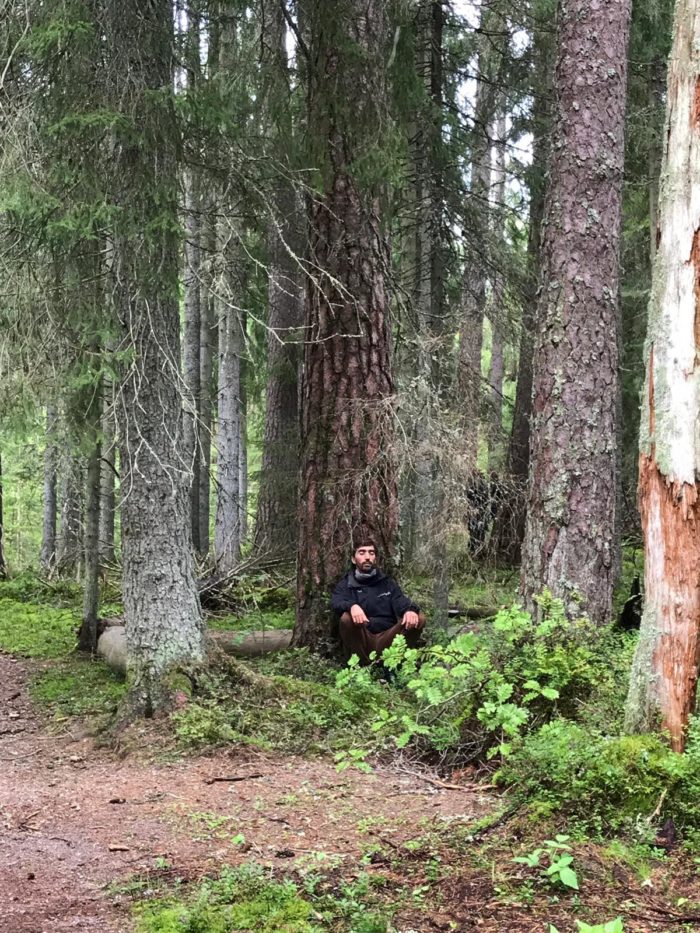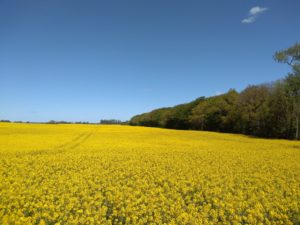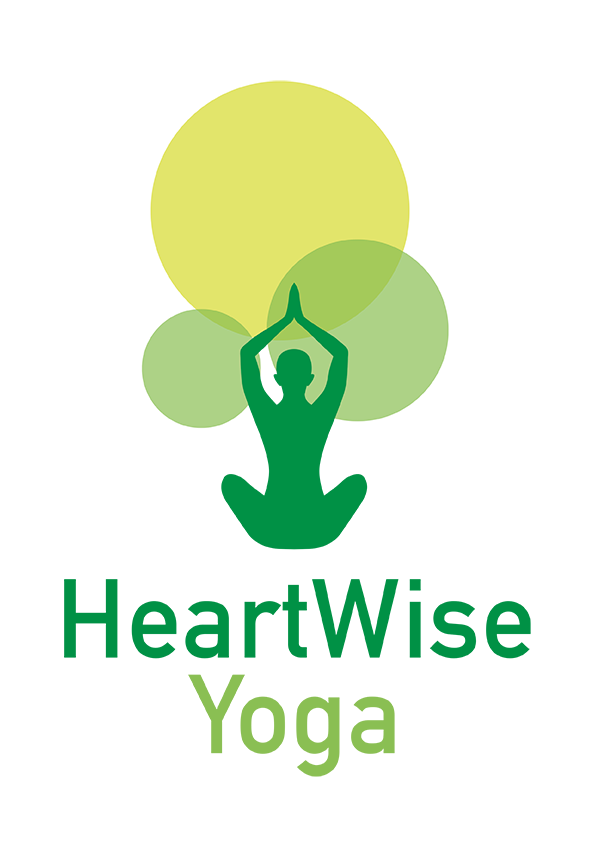How has this pandemic changed your life?
Namaste friend
Big question, uh?
In my last email early April, I talked about how uncertainty is part of life. We certainly have had plenty of opportunities to experience that since.
To me, one of the biggest teachings of this time is a reminder of the nature of life: impermanence. Before the pandemic, I had taken so many things for granted: my ability to plan and control my schedule, travel, sit at my favorite café, meet with my friends, dip my body in the cold waters and heat it up in the sauna, be safe and healthy… with these unprecedented times, I just had to let go – of it all. The truth is, eventually, nothing lasts. Knowing that from ancient yogic texts is helpful. Experiencing it in real life is transformative.
As Danish author Karen Blixen put it, “This too shall pass.” Every painful or joyful moment, relationship, job, etc. we tend to hold onto will indeed come to an end sooner or later. Naturally, endings are hard. What if the way our society works, at least partly, will never be the same again? How can we welcome such a dramatic change?
Yogic sages wrote about impermanence thousands of years ago. Their message was clear: working on our ability to be present – focused and attentive to what is true in the moment – is the antidote to our suffering, especially the suffering coming from our illusion of taking the “perishable” for the “unperishable.” The ancient yogic texts such as the Yoga Sutra of Patanjali are often referred to as the origins of the yoga practice because they provide a detailed map of how to cultivate presence.
Being present in itself has an endless number of benefits (and of methods!). One value of being present emerges when we become able to attend to each situation and see its gifts. Even when what we might consider a challenge pop up, if we know the experience of presence, we then can awaken to what is possible and see in what way life is serving us in this moment. The laws of impermanence and the pain they inflict on us are inevitable. Getting lost into the suffering impermanence causes is optional.
Recently, I dived into the yoga sutras in a course guided by one of my favorite teachers, Sally Kempton. This course helped me deepen my meditation practice and realize how I was relating to the challenges the pandemic brought into my life. I realized that, although the challenges are real, my ruminating about them and obsession about figuring the situation out is optional. Meditation and yoga, because they make us cultivate our ability to be present, build our capacity to become aware of the drama our mind creates about a challenge and distinguish it from what is true in the moment. In this moment, we actually have the choice to prioritize our energy and focus on the moment and recognize the truth in this moment. When you practice for example, if you catch yourself up in the wandering of the mind in the current drama and then return to the breath or the body as they are now, you will most likely notice that you are safe and unthreatened. Getting swopped away by the train of thoughts and believing that the worries circling in your head are all there is, is natural and will happen again and again in your practice. However, if you look at it closely, this is not true in the moment.
Being present is not about dismissing how challenges are affecting us. It is rather the opposite. The practice of yoga and mindfulness represents two great resources to deal with strong emotions when they arise. (For more about dealing with strong emotions in mindfulness, please visit my last post and Tara Brach’s RAIN technique.) Yet, being present is also way more than attending to what is difficult. It is about attending to what is right in front of us, right now, and begin to experience the bigger picture behind it all. When we are present, we can realize the gifts of our life as it is now, appreciate who we have in our lives, what we can enjoy every day, and eventually who we are as we are. Being present opens our mind and heart to the feeling of gratitude, because gratitude can only be felt in the moment. The yogic texts, whether classical or more modern Tantrik scriptures, describe the feeling of bliss and pure joy as an inherent part of the nature of who we are, which we can reconnect to when we practice yoga and mindfulness or meditation, or another type of conscious and mindful practice.
Personally, connecting to the feeling of gratitude as been another major teaching in this COVID-19 time. I have never felt so grateful for what I can put in my fridge, my ability to watch the trees turn green, and the Internet! I used to think that gratitude was a diversion from what is painful or challenging. Rather, I realized it is an antidote to it and it builds up my capacity to stay connected to the bigger picture at all times.
Thus, I am asking you: What have you learned during this pandemic? How do you relate to impermanence? What are you grateful for in your life? Can you be grateful for this pandemic, and what for? I invite you to take a moment to journal about these questions or discuss them with a close one, and make space for the feelings and sensations coming up with compassion and presence.
I also invite you to a few ways in which we could cultivate presence together! I will send you a quick update when I know more about my in-person teaching schedule for this summer, in studios and outdoors. Hopefully the new regulations about indoor and outdoor sports will come up very soon. Meanwhile, I want to let you know that I am returning to Mindfulness Manor in Sweden in September for another magical retreat! I entitled it Cultivating Presence, and we will strengthen our ability to be present and attend to the stunning natural environment of the venue, laughter, reflections, beautiful hikes, and daily yoga and meditation of course. Read more about it here.
Please also use some of the online videos available on my website and blog page, so you can feel supported in your yoga and meditation practice wherever and whenever you are.
Thank you so much for your practice and willingness to be present.
Much gratitude to you,
Love & light,
Cédric



